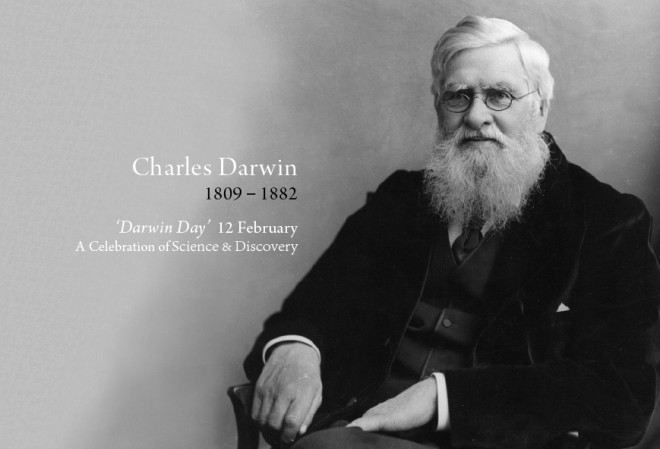‘Darwin Day’ – A Celebration of Science
‘Darwin Day’ – A Celebration of Science

Today marks the 206th birth anniversary of eminent scientist Charles Darwin; celebrated as 'Darwin Day'.
12 February marks the birth anniversary of English scientist Sir Charles Darwin – an eminent figure whose contributions to evolutionary thought had an enormous effect on many fields of science. Since his passing in 1882, ‘Darwin Day’ has been observed to highlight his contribution to science, and to promote science in general.
‘Darwin Day’ can also be meaningfully observed by reflective Buddhists. The Buddha’s teaching is widely acknowledged as compatible with modern scientific and philosophic thought. For example, Buddhism encourages the impartial investigation of Nature – an approach referred to as ‘Dhamma-vicaya’ in Pāli Language. Similar to science, the Buddha’s teaching is based on causality and empiricism; it is rational, non-dogmatic, and disapproves blind faith.
Buddhist teacher the late Acharya S. N. Goenka described ‘Buddha-dhamma’ (the proper term for Buddha’s teaching) as a ‘pure science of mind and matter’. He described Buddhism not so much as a ‘belief in a body of unverifiable dogmas, but an active, impartial, objective investigation of things as they are’.
Nobel Prize-winner Sir Bertrand Russell observed that “Buddhism is a combination of both speculative and scientific philosophy. It advocates the scientific method and pursues that to a finality that may be called ‘Rationalistic’. In it are to be found answers to such questions of interest as: ‘What is mind and matter? Of them, which is of greater importance? Is the universe moving towards a goal? What is man’s position? Is there living that is noble?’ It takes up where science cannot lead because of the limitations of the latter’s instruments. Its conquests are those of the mind.”

